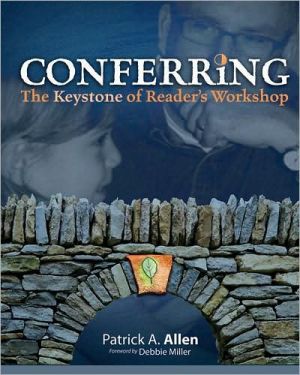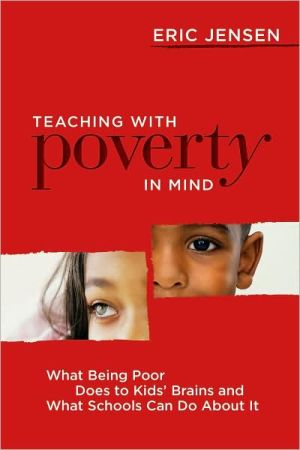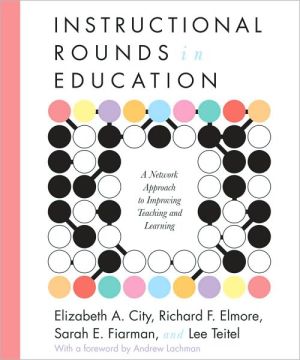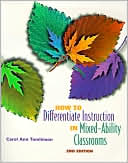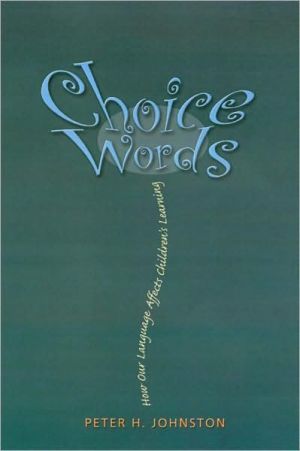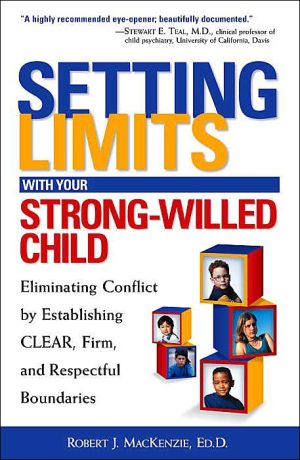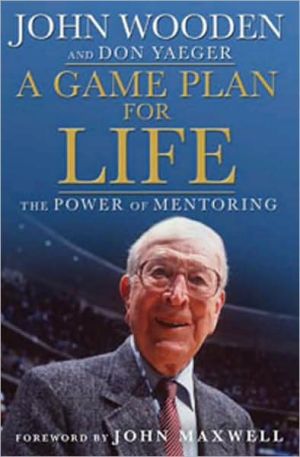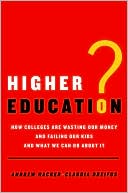Conferring: The Keystone of Reader's Workshop
In his workshops with teachers over the years, Patrick Allen has encountered a long list of “counterfeit beliefs” about the process of conferring with students, including such comments as: “I don’t have time. I don’t know what questions to ask, It’s too hard, I don’t know what to write in my notes, I don’t even take notes, I don’t know how to go deep. . .” In Conferring: The Keystone of Reader’s Workshop, Allen argues that the benefits of conferring are well-worth the effort of learning to do...
Search in google:
In his workshops with teachers over the years, Patrick Allen has encountered a long list of “counterfeit beliefs” about the process of conferring with students, including such comments as: “I don’t have time. I don’t know what questions to ask, It’s too hard, I don’t know what to write in my notes, I don’t even take notes, I don’t know how to go deep. . .” In Conferring: The Keystone of Reader’s Workshop, Allen argues that the benefits of conferring are well-worth the effort of learning to do it well. And then he sets out to show teachers how to overcome all of their perceived obstacles, and make the somewhat intangible aspect of conferring tangible. Just as the keystone—a symmetrical, wedge-shaped stone at the center of an arch—forms the foundation of a structure, conferring lays the groundwork for effective reading instruction. Allen defines the word confer as a verb “meaning to consult together, compare opinions, or carry on a conversation.” Conferences with students are purposeful conversations that scaffold reading comprehension strategies that guide the reader’s progress, and ultimately, through the gradual release of responsibility, create independent readers. Allen begins by explaining what conferring is and what it’s not, and then unpacks the essential components of the process: intimacy (the social context of conferring); rigor (the cognitive context); and inquiry (the analytical context). He explores the guiding principles of conferring—including goal setting, instruction points, listening, rapport, challenges, and teacher learning—andprovides questions that lead teachers through the reader’s conference from start to finish.
